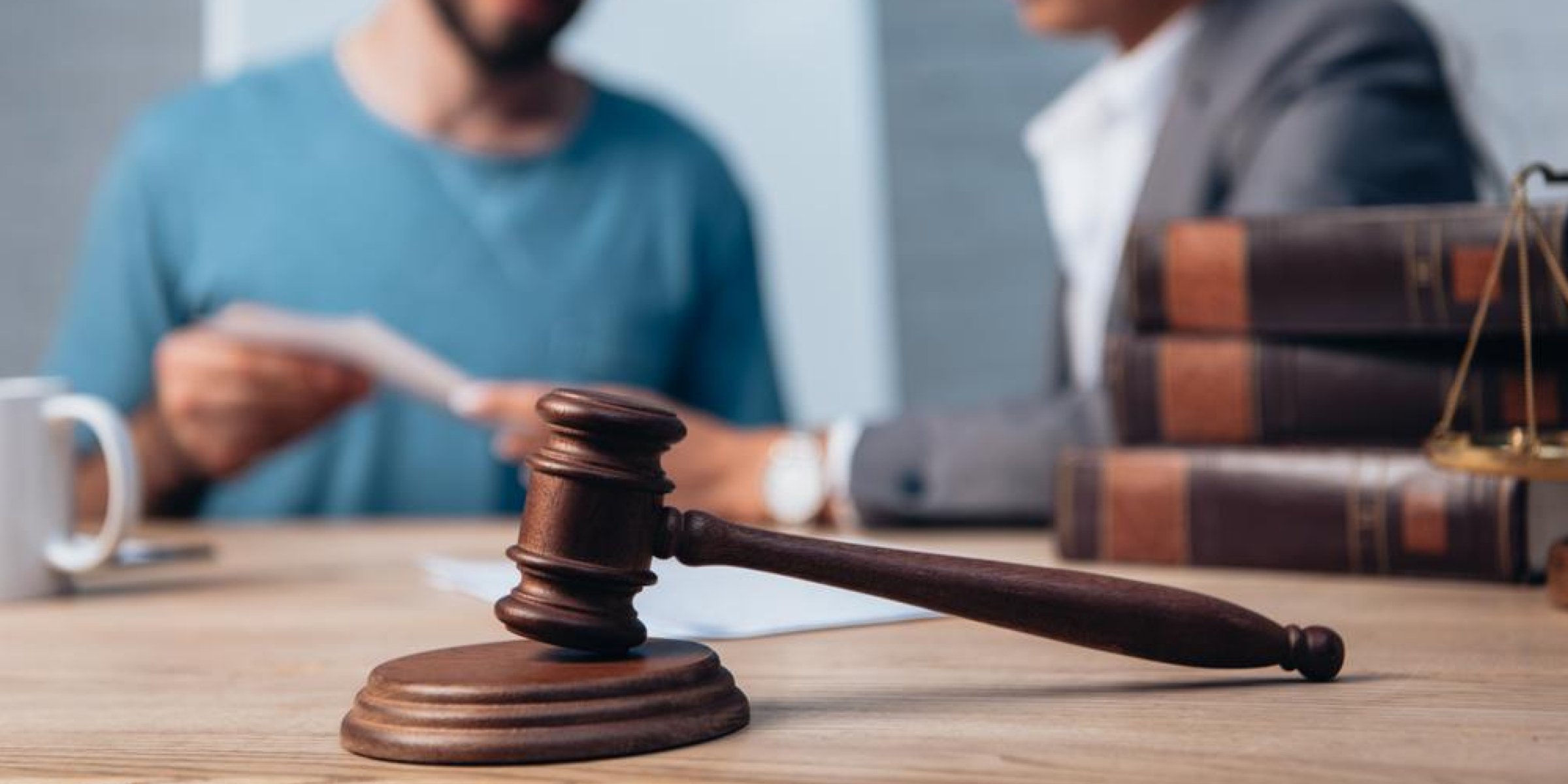The Role of the Executor in a Will
When someone passes away, their last wishes regarding the distribution of their assets are typically outlined in their will. But who is responsible for ensuring these wishes are carried out fairly and responsibly? That person is known as the executor. The role of the executor in a will is crucial, so you should take note of it even before writing your will. Today, we’ll give a quick guide through this important legal matter.
What Is a Will Executor?
An executor is a person nominated in a will to manage the deceased’s estate after their death. This role includes ensuring the estate is distributed according to the deceased’s wishes as stated in the will. Simply put, the executor has legal authority to handle the deceased’s assets, debts, and other related administrative duties.
What Does an Executor Do?
The will executor’s responsibilities can be extensive and complex, especially in larger estates or when the will is contested. Key responsibilities include:
● Validating the will: The executor must ensure the will is legally valid and often needs to apply for a Grant of Probate to officially recognise them as the executor and the will as the valid last testament of the deceased (although Queensland has a process which means that Probate may not be needed for estates with limited assets). This process can differ between states, so seek the guidance of an experienced wills, estates and succession lawyer on the Sunshine Coast if you’re an appointed executor living in the area or any nearby location in Queensland.
● Managing Estate Assets: Before distribution, the executor must secure, preserve and manage the estate’s assets. This might include everything from safeguarding property to managing bank accounts & digital assets. For instance, executors must ensure any cash remaining in the deceased person’s bank accounts accrues interest or cancel credit cards and notify banks to deal with the deceased person’s shares and investments. They must also maintain or insure any property until it is ready to be sold or distributed to beneficiaries.
● Paying Debts and Taxes: The executor is responsible for ensuring all debts, bills, and taxes of the deceased are paid off from the estate’s assets before the estate can be distributed to the beneficiaries. Lodging tax returns and obtaining tax clearance may also be part of the will executor’s duties.
● Defending the Estate During Legal Proceedings: Executors will be responsible for defending the estate during any legal proceedings that may arise. While it’s unlikely that the will disputes will head to court, it’s essential to be prepared and understand the common reasons someone may contest a will. In cases of family provision applications, where beneficiaries (or an eligible applicant who has been left out of the will) want an extra share of the estate, remember that, as a will executor, you may be personally liable for any successful claim. You must seek legal advice as soon as possible to avoid any risks. Additionally, if someone puts a ‘caveat over the estate,’ you must be aware that it’s a court notice that prevents significant actions from happening until a Grant of Probate (or letters of Administration) is issued.
● Distributing the Estate: Once all debts and taxes are cleared, the executor can distribute the assets according to the will. But, before you finally share or distribute the assets, remember to ensure every asset is accounted for, preserve every asset properly, complete all ATO-required tasks, and wait for time limits to pass to allow anyone wanting to contest the will.
Who Can Be a Will Executor?
When creating a will, one of the most important decisions is to choose who to appoint as executor. In Australia, any person over 18 and of sound mind can be named as an executor. But note that this person will oversee and distribute your estate and even defend your estate during legal disputes. So, you must choose someone trustworthy, responsible, and capable of handling the tasks.
One vital factor to consider when selecting a will executor is their relationship to your estate. Generally, it’s a good idea to choose someone who is a named beneficiary, as they will have a vested interest in guaranteeing your assets are distributed fairly and efficiently. If you don’t have any suitable candidates among your loved ones, you might consider appointing a professional executor or trustee company to manage your estate. Just be aware that this will come at a cost, as their fees will be deducted from your estate. It’s also wise to appoint alternate executors in case your first choice is unable or unwilling to take on the role. This helps ensure your estate is effectively managed even if circumstances change over time.
You can appoint more than one executor, but they must act unanimously, so you should appoint people who will be able to work together if you are appointing more than one executor.
If you’re having trouble choosing the best person to take the critical role of a will executor, don’t hesitate to consult a succession lawyer. They can help you explore your options and make the best decision for your beneficiaries’ future.
Can the Executor of a Will Be the Beneficiary?
Yes. It is quite common for an executor to be a beneficiary of the will as well. There is no legal conflict in this arrangement unless it specifically impacts the impartial administration of the estate. Also, think of it this way: overseeing asset distribution can be burdensome for an individual without interest in the estate.
Can the Executor of a Will Sell an Estate’s Property?
They can. If it is necessary for the administration of the estate or if directed by the will, the executor can sell an estate’s property or any other assets. This might be required to settle debts or distribute the proceeds among the beneficiaries.
Is the Executor of a Will Responsible for Debts?
The executor is responsible for ensuring all debts of the deceased are paid from the estate. However, the executor is not personally liable for these debts unless they fail to administer the estate properly, such as distributing assets before settling debts.
Conclusion
The role of the executor in a will shouldn’t be taken lightly. It requires careful management of the deceased’s estate and a thorough understanding of legal and financial matters. It takes a lot of effort to respect the deceased’s wishes while ensuring beneficiaries receive their rightful inheritance according to the will. For anyone undertaking this role, it is often advisable to seek legal advice to navigate the financial and legal complexities of estate administration effectively.
If you have more questions about the role of the executor in a will or have been appointed as a will executor in QLD, don’t hesitate to reach out to our team. Our wills, estates & succession lawyers are here to provide legal advice to guide you.
Disclaimer: This article is general in nature and does not constitute legal advice. If you require legal advice in relation to your personal circumstances, you must formally engage our firm, or another firm to provide legal advice in relation to your matter. Bradley & Bray lawyers take no responsibility for any use of the information provided in this article.





